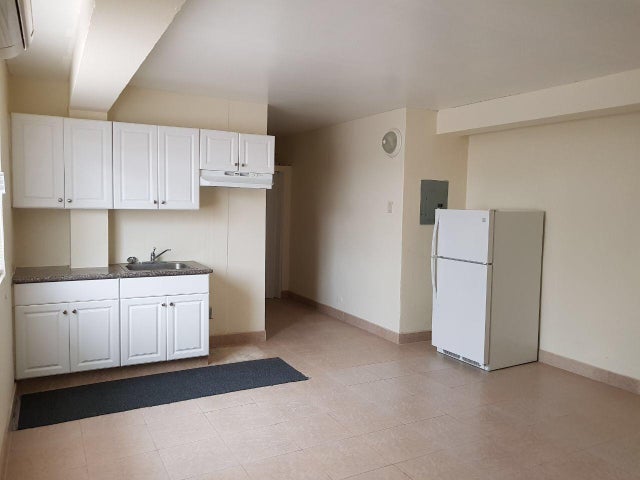Property Supply and Demand on Singapore Condo
Singapore’s real estate market is often cited as a model of efficiency and resilience, but its condo prices are particularly sensitive to the forces of supply and demand. Understanding how these two elements interact provides valuable insights into the broader dynamics of Singapore’s property market. In this blog post, we’ll explore how property supply and demand influence condo prices in Singapore, examining historical trends, current factors, and future outlooks.
Understanding Supply and Demand Dynamics
At its core, the principle of supply and demand dictates that when the supply of a product exceeds its demand, prices tend to fall. Conversely, when demand outstrips supply, prices rise. This fundamental concept is critical in real estate markets, where the supply of property (in this case, condominiums) and the demand for it can significantly impact prices.
Property Supply
In Singapore, the supply of condominiums is influenced by several factors:
- Land Availability and Government Policies: Singapore is a small island city-state with limited land. The government plays a pivotal role in managing land use through various policies and initiatives. The Urban Redevelopment Authority (URA) regularly releases land for development through Government Land Sales (GLS) programs, which impact the supply of new condominiums.
- Development Cycle: The construction of new condos involves a lengthy process, including planning, approval, and actual building. This development cycle can impact the timing and volume of new supply entering the market. In periods of high construction activity, the supply of new condos increases, potentially affecting prices.
- Regulatory Constraints: Various regulations, including zoning laws and building codes, can influence the pace and extent of new condo developments. For instance, restrictions on the height and density of buildings can limit the number of units that can be constructed in a given area.
Property Demand
Demand for condominiums in Singapore is driven by a range of factors:
- Population Growth: Singapore’s population growth directly impacts the demand for housing. As the population increases, so does the need for more residential units. Higher demand for housing, particularly in urban areas, can push up condo prices.
- Economic Conditions: Economic prosperity boosts consumer confidence and purchasing power, which can lead to higher demand for property. Conversely, during economic downturns, demand may soften, leading to lower prices.
- Interest Rates: Interest rates affect the affordability of mortgages. Lower interest rates can make borrowing cheaper, increasing demand for condos as more people are able to secure financing. Higher interest rates can have the opposite effect, reducing demand.
- Foreign Investment: Singapore’s real estate market is attractive to foreign investors due to its stability and strategic location. Foreign interest can drive up demand and, consequently, condo prices. Government policies on foreign ownership can also impact this demand.
Historical Trends and Current Factors
Historically, Singapore’s condo prices have experienced fluctuations based on supply and demand conditions. For example, during periods of economic boom and high demand, condo prices have surged. Conversely, during times of economic uncertainty or oversupply, prices have corrected.
In recent years, several trends have shaped the condo market:
- Supply Surge and Cooling Measures: Between 2010 and 2013, Singapore saw a surge in condo supply, leading to a slight cooling in prices. The government responded with cooling measures such as the Additional Buyer’s Stamp Duty (ABSD) and tightening of loan-to-value ratios to moderate the market.
- COVID-19 Impact: The COVID-19 pandemic had a significant impact on the property market. With travel restrictions and economic disruptions, demand for luxury and investment properties softened. However, the market showed resilience as interest rates remained low, supporting a gradual recovery in prices.
- Post-Pandemic Recovery: As Singapore emerged from the pandemic, the property market experienced renewed activity. Low-interest rates, a recovering economy, and pent-up demand contributed to an uptick in condo prices. The government’s ongoing support for homebuyers and investors also played a role.

Future Outlook
Looking ahead, several factors will influence the trajectory of condo prices in Singapore:
- Government Policies: The government’s stance on land sales, property cooling measures, and foreign ownership will continue to shape supply and demand dynamics. Any changes in these policies could impact condo prices.
- Economic Conditions: The broader economic environment, including factors like global economic trends and domestic growth, will influence demand for condos. A strong economy typically supports higher property prices, while economic challenges may lead to price corrections.
- Supply Trends: The balance between new condo supply and demand will be crucial. If the supply of new units exceeds demand, it could moderate price growth. Conversely, if demand remains strong relative to supply, prices could continue to rise.
- Interest Rates: Future changes in interest rates will impact borrowing costs and, consequently, the demand for condos. Monitoring interest rate trends will be essential for understanding future price movements.
- Demographic Shifts: Changing demographics, such as the aging population and evolving household structures, will also play a role in shaping demand for different types of properties.
Conclusion
The interplay between property supply and demand is a key determinant of Singapore condo prices. Understanding these dynamics offers valuable insights into the market’s current state and future prospects. As Singapore continues to navigate economic changes and policy adjustments, both prospective buyers and investors must stay informed about the factors influencing supply and demand. By doing so, they can make more informed decisions and better anticipate the movements in condo prices.
In summary, the Singapore condo market exemplifies the classic economic principle of supply and demand. While historical trends and current conditions provide a foundation, future developments will ultimately shape the direction of condo prices. Staying abreast of these factors will be crucial for anyone looking to invest in or purchase property in Singapore. Visit https://www.emeraldsofkatong.com.sg/ if you need more information or have any questions about the impact of property supply and demand on Singapore condo prices.
